Students learn about South-East Asian culture through food
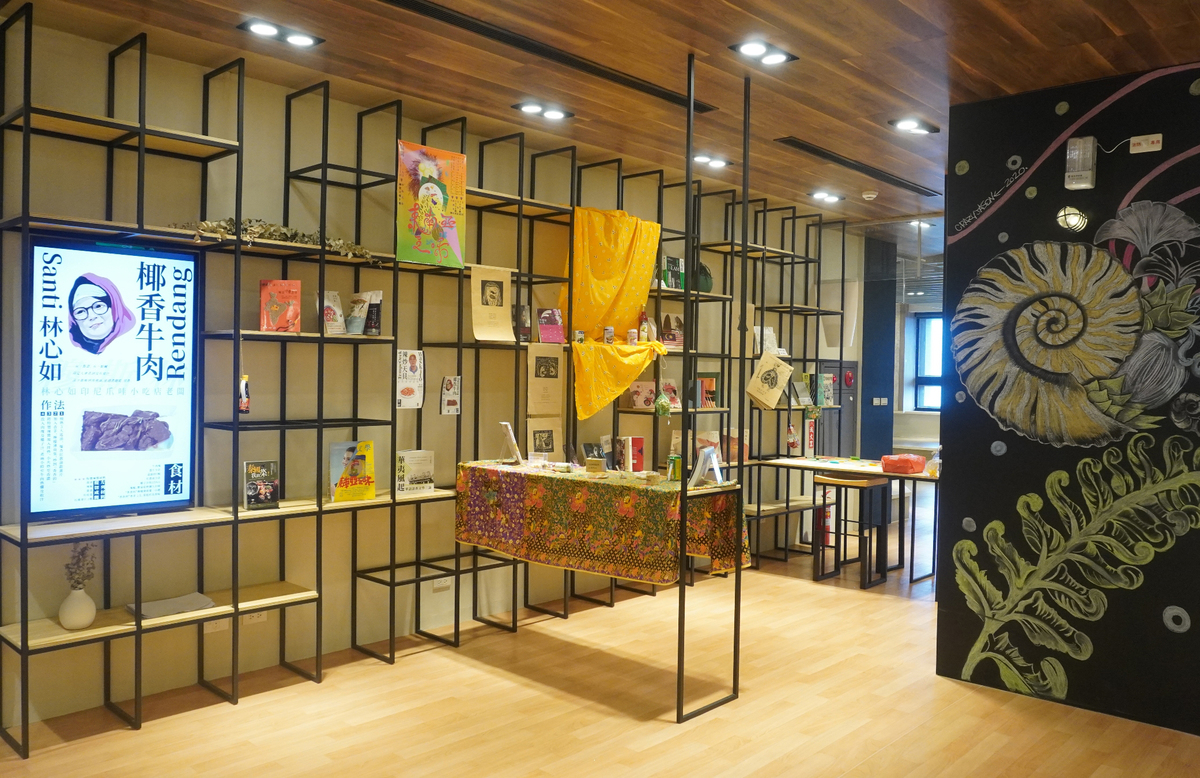
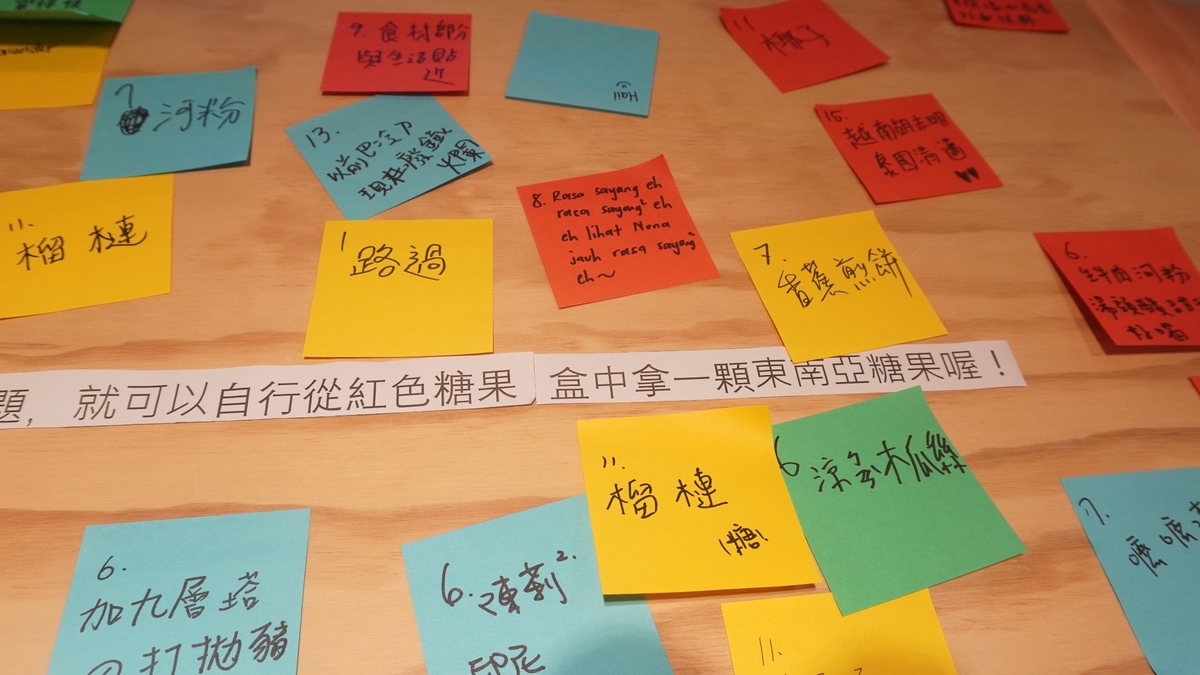
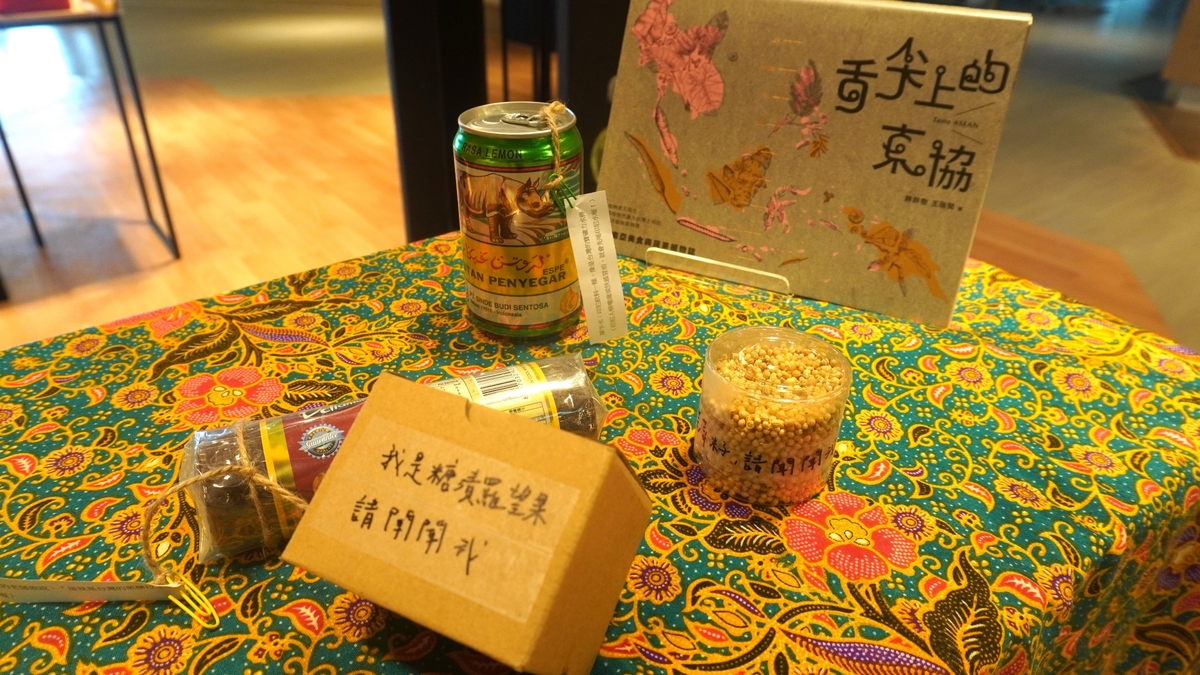
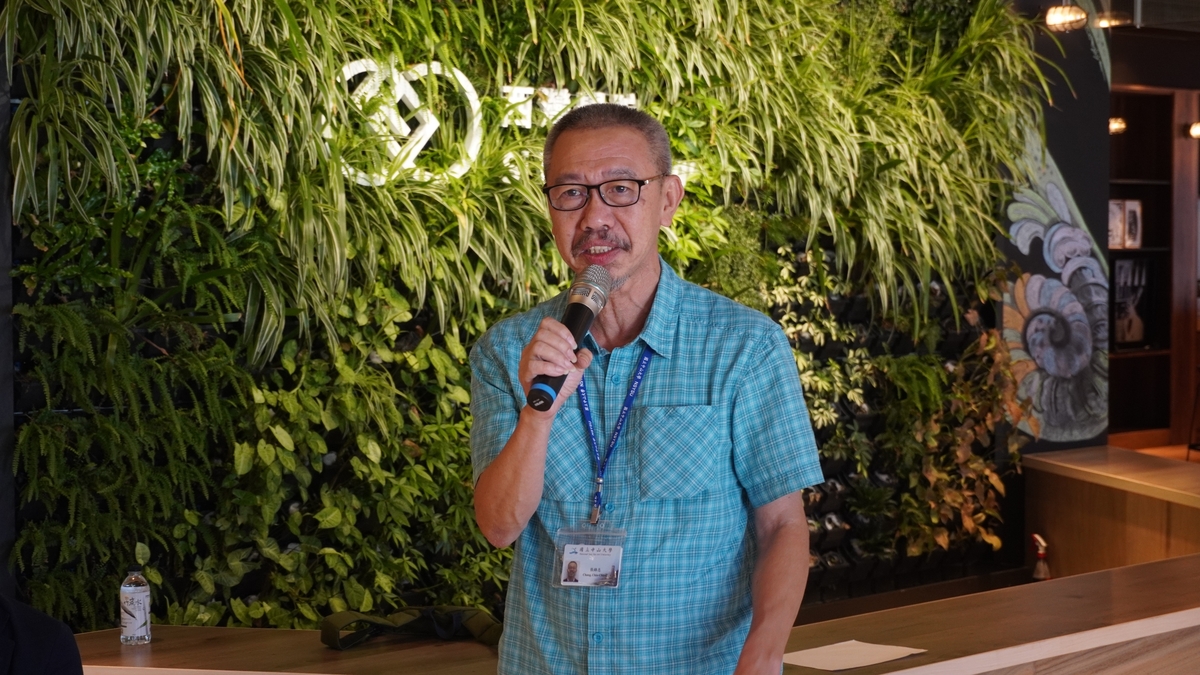
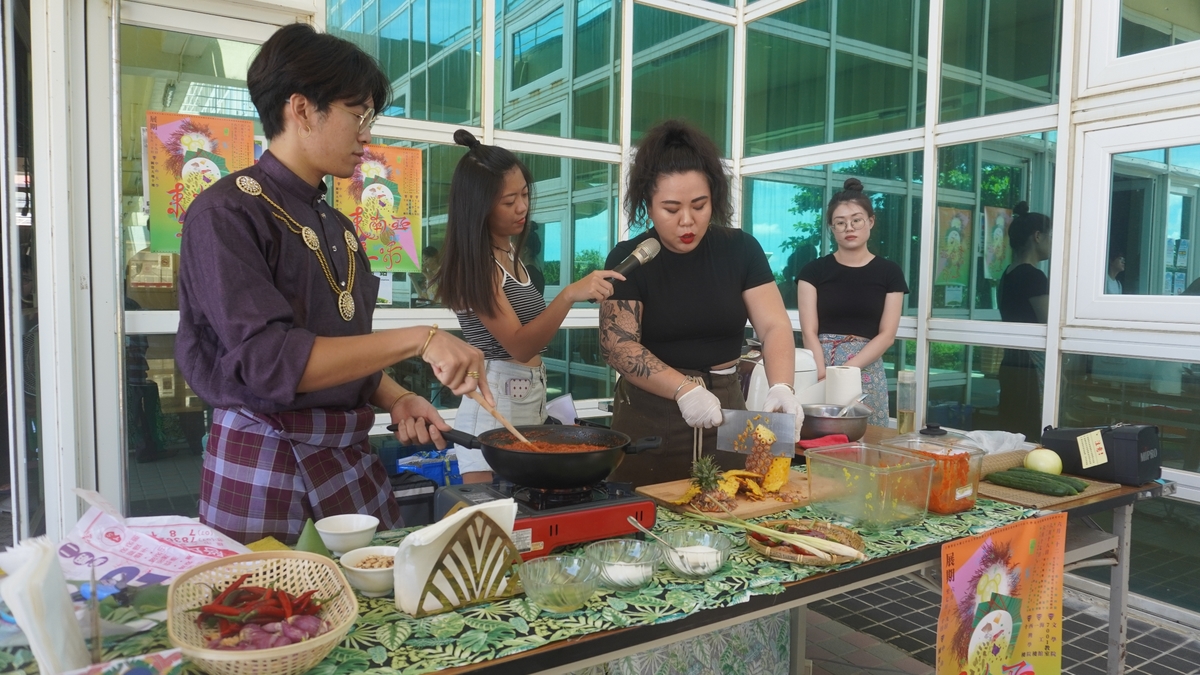
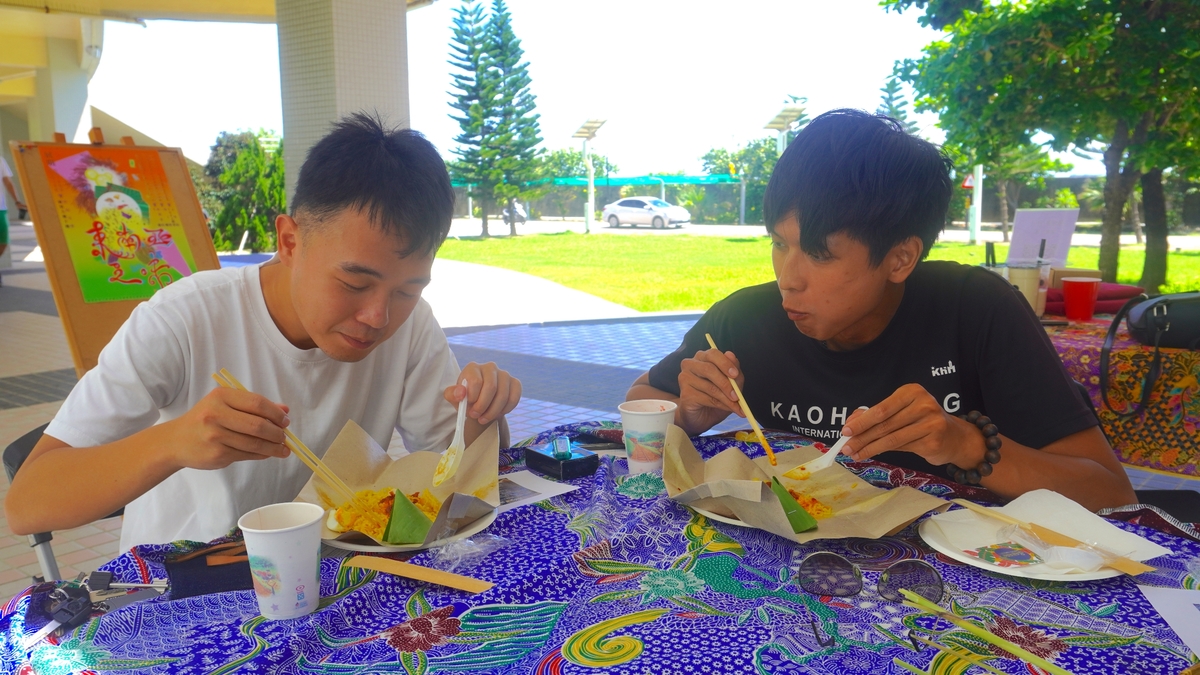
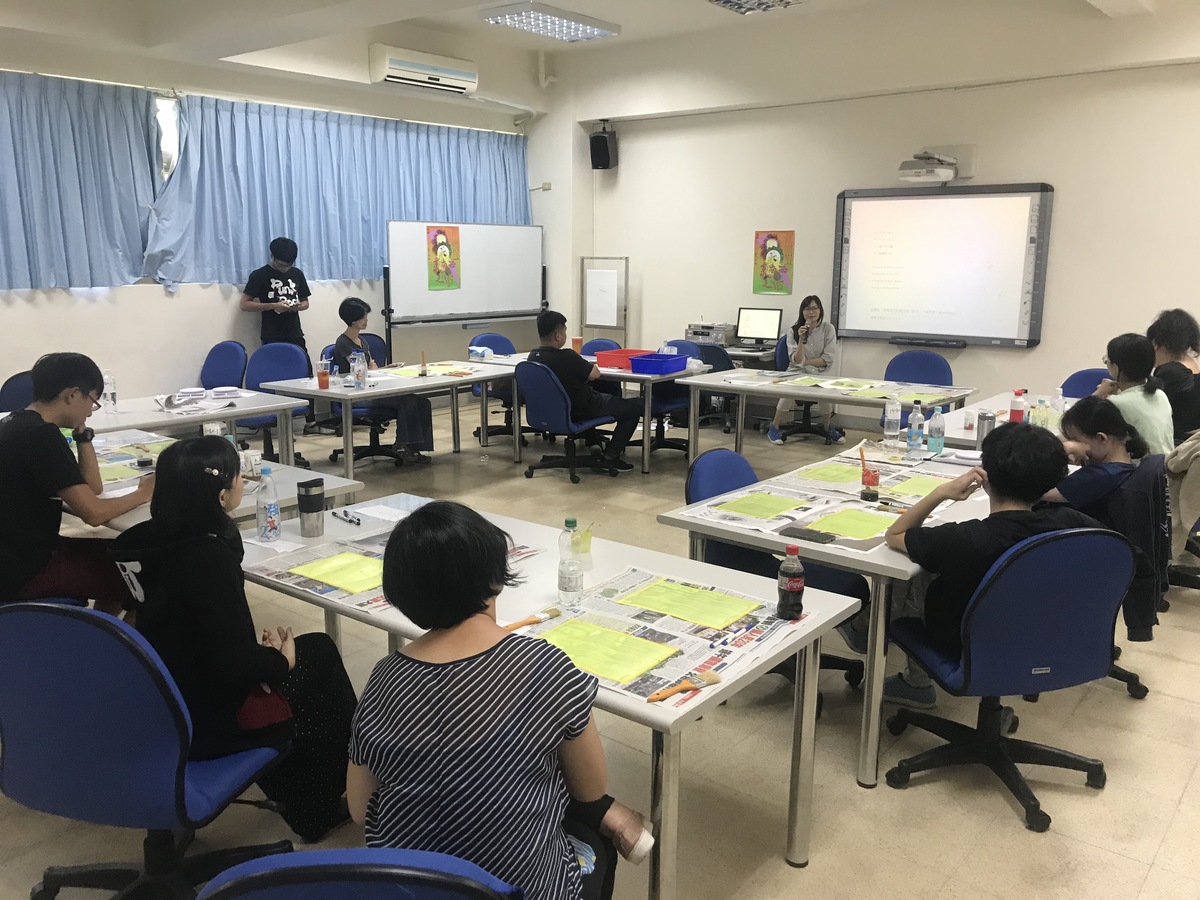
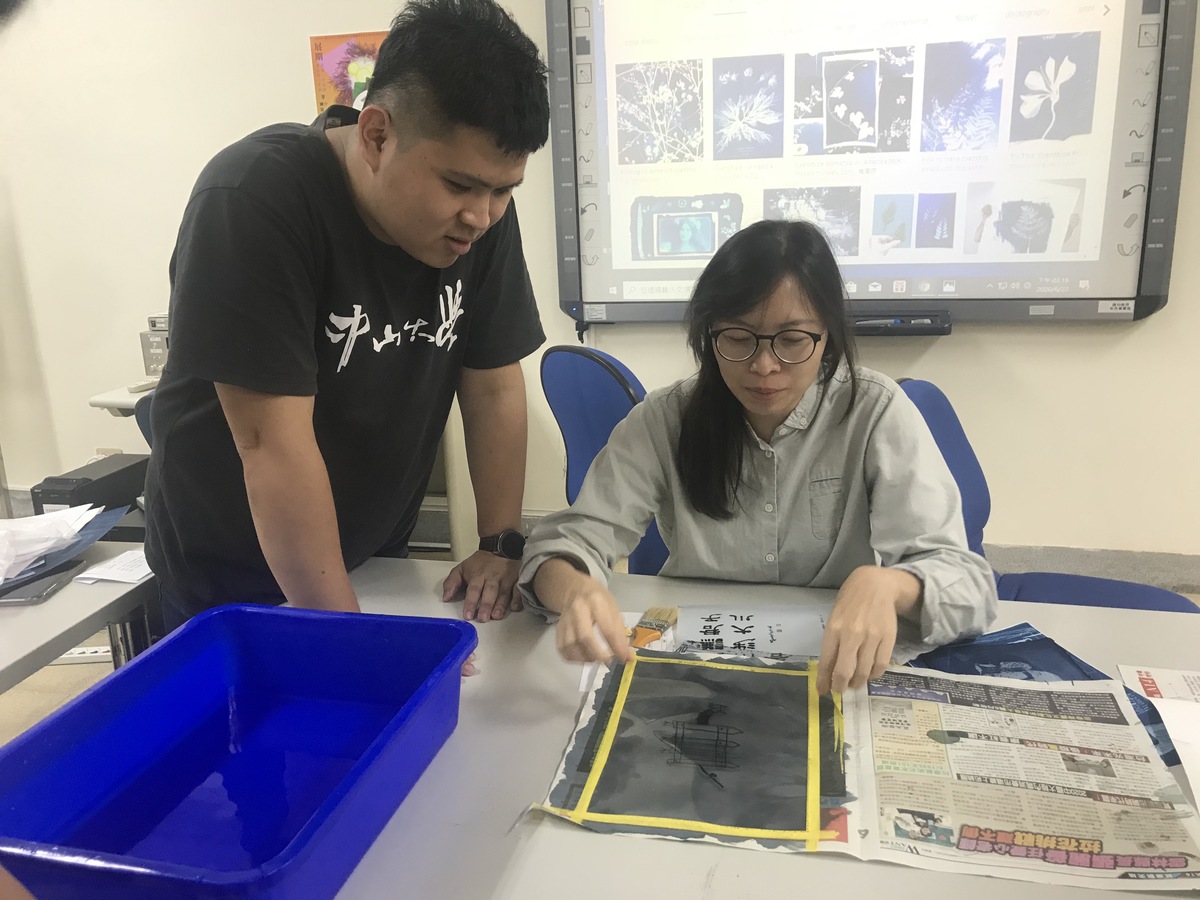
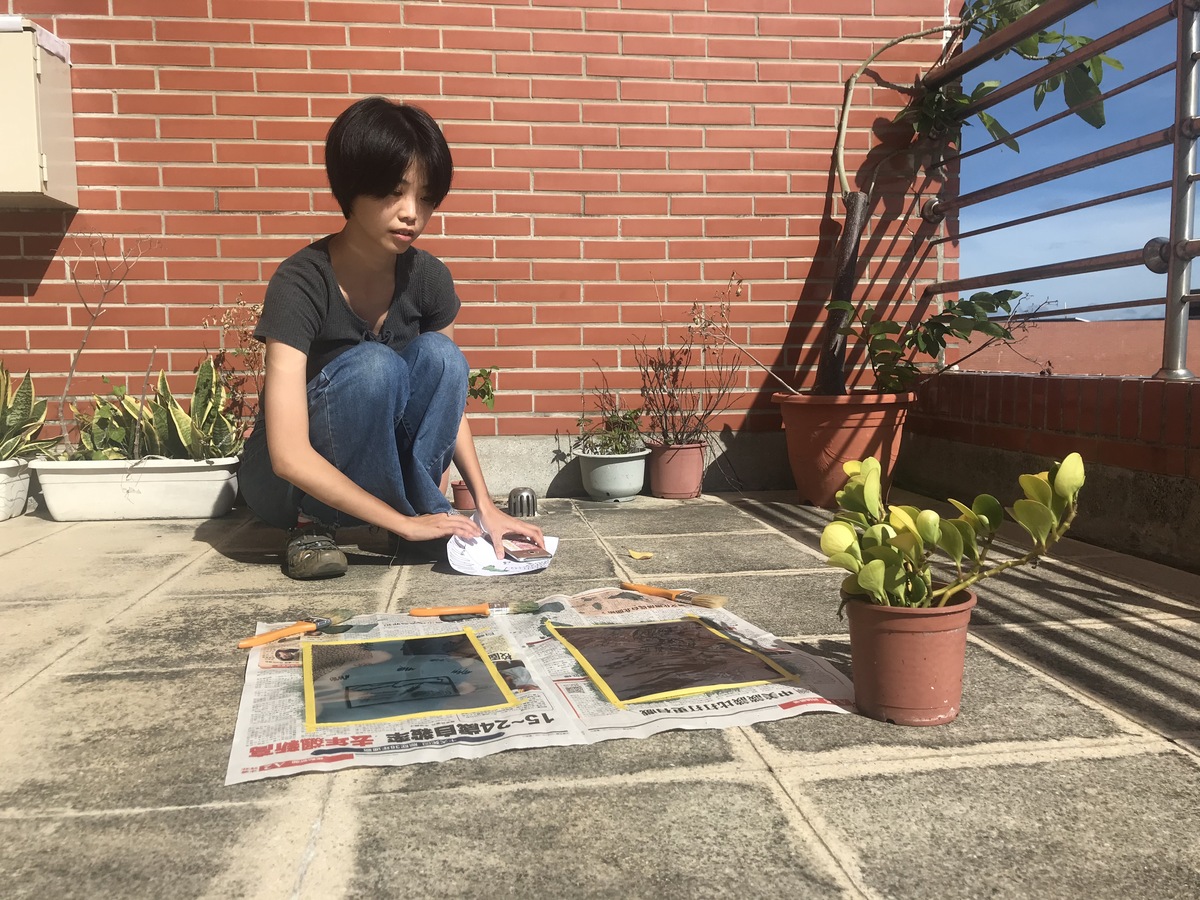
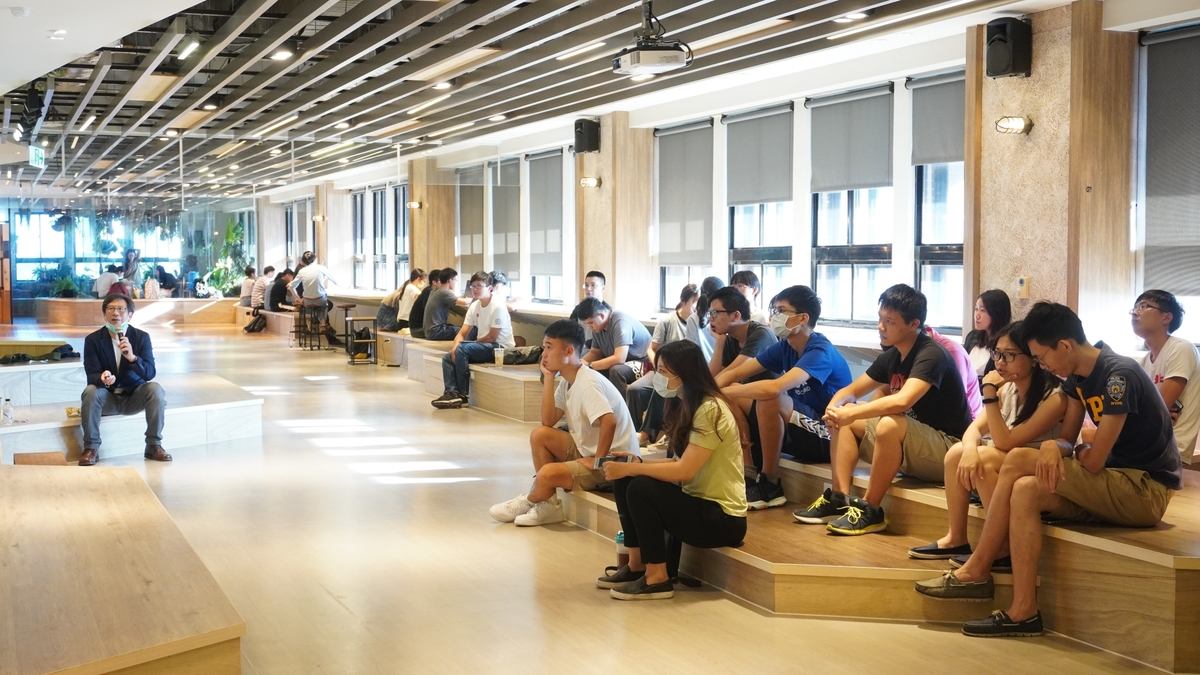
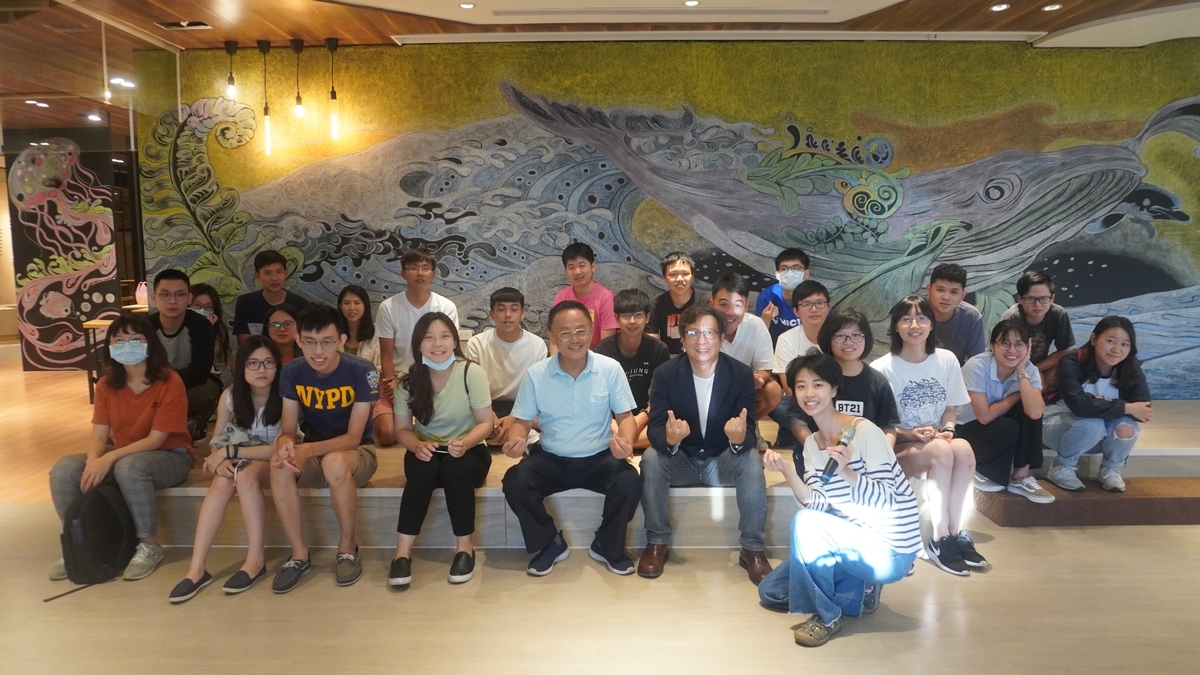
(Provided by Si-Wan College) The New Southbound Policy has been in force for 5 years already, promoting both economic and cultural ties between Taiwan and Southeast Asian countries. Dr. Kim Tong Tee, Director of the NSYSU Center for the Humanities, is one of the coordinators of the Humanity Innovation and Social Practice Project and the South-East Asian Chinese and Cultural Transfer Project supported by the Ministry of Science and Technology. Last semester, Dr. Tee offered an interdisciplinary elective course on Southeast Asian history and literature, focusing on the history of Chinese immigrants, their religious and ethnic diversity, identity, and literature, and invited scholars and specialists of these fields to give lectures on related subjects so that students can make the first step towards the understanding of Southeast Asia and explore the ties between this region of the world and Taiwan.
Food and drinks are part of everyday life; however, their cultural origins are easily overlooked. There are many South-East Asian food stalls and restaurants around the campus. How do Southeast Asian spouses adapt to life in Taiwan? Do the people who grew up in Taiwan really understand them? In July, the Social Engagement Center and Si-Wan College at NSYSU jointly organized a series of activities, including a lecture on Indonesian food culture, a cooking workshop: nasi lemak (a dish prepared with rice, coconut milk, and pandan leaves), an art workshop: cyanotype prints of Malay pantun, and “The Taste of South-East Asia” – a Southeast Asian cuisine-themed book exhibition. Dr. Tee further explained that through the thematic book exhibition and workshops the participating students and audience get to know Southeast Asian culture and lifestyle more in-depth, and such circumstances would help local people reflect and interact with Southeast Asians.
The book exhibition, besides displaying books on Southeast Asian cuisine, also included works on the political situation of the region, history, and other topics. Other areas of the event focused on art, manga, mostly displaying the works by Malaysian artist Maniniwei, who currently lives in Taiwan as a poet, creator, and translator of picture books and literary works. Maniniwei came to NSYSU before the book exhibition to give lectures for the workshop on Southeast Asian topics, introducing the students to the world of pantun, a popular genre of Malay poetry, and cyanotype prints created with sunlight.
Dr. Cheng-Yuan Liu, Director of the Graduate Institute of Taiwan History, Culture, and Languages at National Kaohsiung Normal University and Wendy Wu, chef of Sayang-Sayang, a Southeast Asian restaurant in Kaohsiung, were invited to the workshop. Professor Liu spurred the students’ interest in Indonesian cuisine presenting it from an anthropological point of view, while Wu brought the ingredients on stage and guided the participants to prepare Malaysia’s national dish – nasi lemak. Ting-En Kuo, a student from the Department of Oceanography who participated in the event, said that she was most impressed by the connection between Indonesian and the Taiwanese language and that she had never tried the exotic taste of the candies given away for answering the questions. Chih-Chieh Chang, a student from the Department of Mechanical and Electrical Engineering, recalled the taste of instant noodle pancakes made by the Indonesian caregiver at his home. He said that by cooking together with fellow participants he got to know the culture through the food, and this would be the most interesting experience in his university life.
(Edited by Public Affairs Division)
Food and drinks are part of everyday life; however, their cultural origins are easily overlooked. There are many South-East Asian food stalls and restaurants around the campus. How do Southeast Asian spouses adapt to life in Taiwan? Do the people who grew up in Taiwan really understand them? In July, the Social Engagement Center and Si-Wan College at NSYSU jointly organized a series of activities, including a lecture on Indonesian food culture, a cooking workshop: nasi lemak (a dish prepared with rice, coconut milk, and pandan leaves), an art workshop: cyanotype prints of Malay pantun, and “The Taste of South-East Asia” – a Southeast Asian cuisine-themed book exhibition. Dr. Tee further explained that through the thematic book exhibition and workshops the participating students and audience get to know Southeast Asian culture and lifestyle more in-depth, and such circumstances would help local people reflect and interact with Southeast Asians.
The book exhibition, besides displaying books on Southeast Asian cuisine, also included works on the political situation of the region, history, and other topics. Other areas of the event focused on art, manga, mostly displaying the works by Malaysian artist Maniniwei, who currently lives in Taiwan as a poet, creator, and translator of picture books and literary works. Maniniwei came to NSYSU before the book exhibition to give lectures for the workshop on Southeast Asian topics, introducing the students to the world of pantun, a popular genre of Malay poetry, and cyanotype prints created with sunlight.
Dr. Cheng-Yuan Liu, Director of the Graduate Institute of Taiwan History, Culture, and Languages at National Kaohsiung Normal University and Wendy Wu, chef of Sayang-Sayang, a Southeast Asian restaurant in Kaohsiung, were invited to the workshop. Professor Liu spurred the students’ interest in Indonesian cuisine presenting it from an anthropological point of view, while Wu brought the ingredients on stage and guided the participants to prepare Malaysia’s national dish – nasi lemak. Ting-En Kuo, a student from the Department of Oceanography who participated in the event, said that she was most impressed by the connection between Indonesian and the Taiwanese language and that she had never tried the exotic taste of the candies given away for answering the questions. Chih-Chieh Chang, a student from the Department of Mechanical and Electrical Engineering, recalled the taste of instant noodle pancakes made by the Indonesian caregiver at his home. He said that by cooking together with fellow participants he got to know the culture through the food, and this would be the most interesting experience in his university life.
(Edited by Public Affairs Division)
Click Num:
Share
